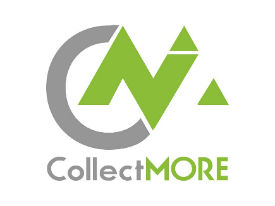We love email. Instant, free, accessible, reliable, universal, digital. Only the telephone is a more valuable resource for the small business owner chasing money and we are continuously stunned at how under-utilized it actually is. For all its great attributes however, email can have it downfalls and when emailing your debtor, it is vital you avoid these common 5 mistakes in order to give yourself the absolute best chance of getting paid:
- No bank details provided. Guys, we simply cannot stress how vital it is that you include your bank details on every request for payment you make. Do not rely on the customer getting them from your invoice. Just your BSB and Account Number is sufficient, if nothing else. Make paying you the easiest job they will do today.
- Fluffy, overly-friendly closing statements. There is a time and a place for thanking the customer profusely for their business and wishing them a wonderful day, however an email chasing them for money is not it. Ensure the tone of your email is consistent all the way through as being too nice at the end will undermine the urgency you are trying to create. Close your email simply with “Regards”.
- Not providing a deadline for payment. You can make all the threats and demands in the world but if the customer doesn’t know there is a time limit, they will take as long as they like. The fact that you are having to chase them for money in the first place should remind you that they cannot be relied on, so provide a tight deadline and reinforce the urgency you are trying to create.
- Spelling mistakes. I know this sounds trivial, but there is just something about a spelling error that screams unprofessional. All your great work can be undone with a single, misplaced letter, and your customer will think you do not take your work seriously, so they won’t either. Always double and triple check before you hit send.
- Not using read receipts. This is possibly the most under-used feature of email however it could possibly be your most powerful. Knowing exactly when your debtor has seen your email provides an element of closure, and will give you confidence to know the wheels are in motion for you to get your money. This also negates any future claims they may make about never receiving your email. If they do not respond after sending a read receipt, send them a follow up email thanking them and asking if they can discuss the debt now. This little trick shows that you know that they know, and can be very powerful.
That’s it guys. The next time you email your customer asking for payment, ensure you follow these guidelines as it may be the only chance you get.
Top 5 mistakes to avoid when emailing your debtor
